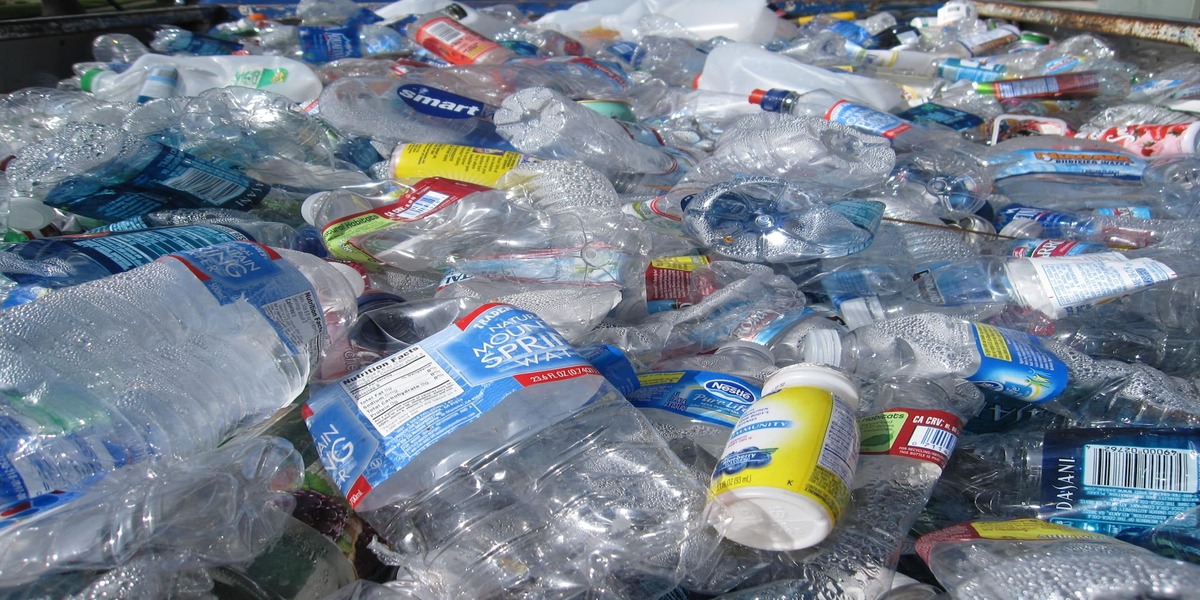Value Chain Of Recycled PET In Brazil

One of the significant challenges for authorities, entrepreneurs, and companies that work with PET recycling in Brazil is raising the collection level, which is currently around 57%.
The country is one of the main recyclers of this type of material in the world, as it has a hot tropical climate and a great demand for soft drinks, juices, and water.
Although there has been an increase in the prices of post-consumer plastics in the last two years, this has not been reflected in the waste pickers, who still receive pre-pandemic values. This practice gives the intermediary, who presses the material, a greater margin than the others in the chain, meaning that those who actually collect the material are not interested in collecting more, as with aluminum cans, which have a higher value, and which consequently recycle around 98% of these.
Currently, there is a great plan in the next 2-3 years for the main brands of soft drinks to pass their packaging 100% using B2B technology. This is already being reflected in the increase in material values throughout its chain.
Large companies associated with these soft drink brands are expanding their plants, and others are setting up in the country. The consequence of this is that the raw material resulting from this decontamination technology and the increase in the viscosity of the material is more expensive than the virgin material, and this will be the trend from now on.
For this value chain, it is important to implement the PNRS (National Solid Waste Policy) for 2024, which includes the involvement, mainly of city halls, in disposing of their waste correctly.
This law has five main objectives:
- Protection of public health
- Reduce, reuse and recycle
- Encourage the adoption of sustainable patterns of production and consumption
- Development and improvement of clean technologies
- Incentive to the recycling industry
Local political organizations will need technical help and support from the businessmen to implement local and regional screenings for the extraction of the wealth contained therein and the correct destination of their leftovers.
It is an essential policy for raising the level of bottle collection and stability of values, job and income generation for today's vulnerable people, and a longer life cycle for products and technology with sustainability.
This article was contributed by our expert Rodrigo Turconi Severo
Frequently Asked Questions Answered by Rodrigo Turconi Severo
Q1. What is the percentage of recycled PET?
Around 57% in Brazil.
Q2. What products can be made from recycled PET?
Bottles, textile fibers, packaging, ropes, paints, tapes and others.
Q3. Is recycled PET sustainable?
Yes, it is the most recycled of plastics.
Q4. What is the technology used for recycling PET plastics?
Grinding, hot washing, extrusion and decontamination
Comments
No comments yet. Be the first to comment!
